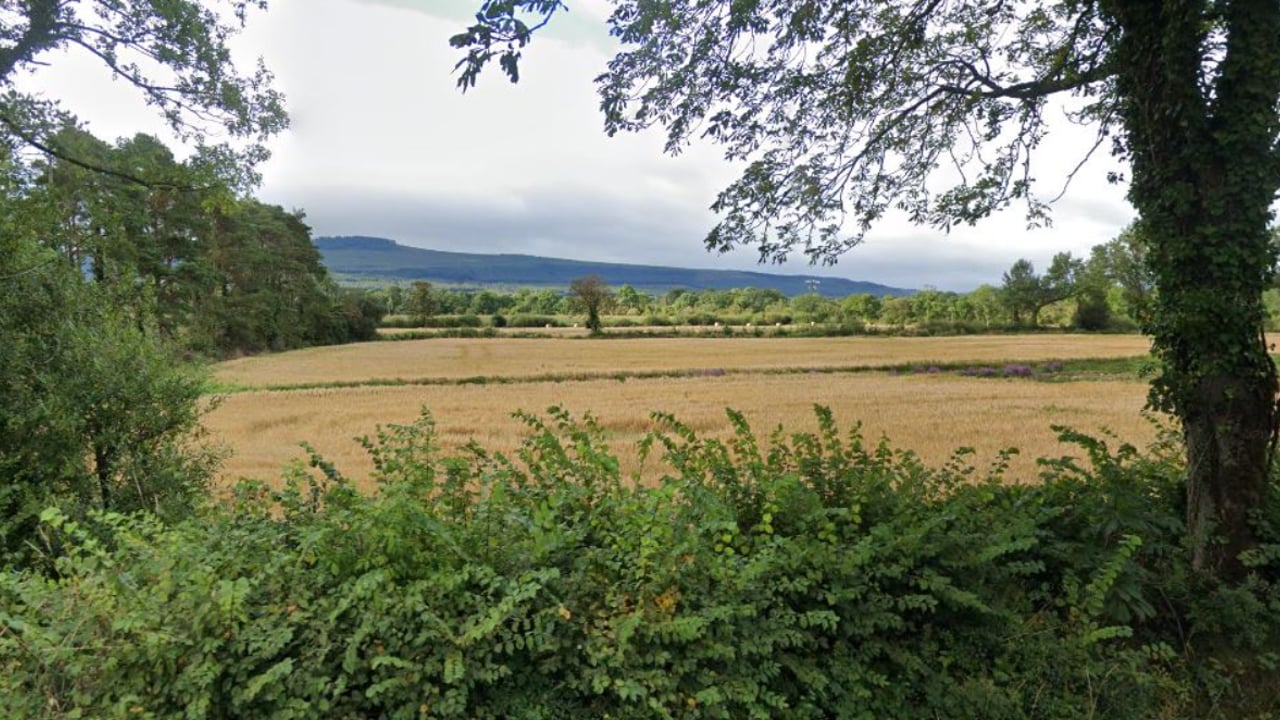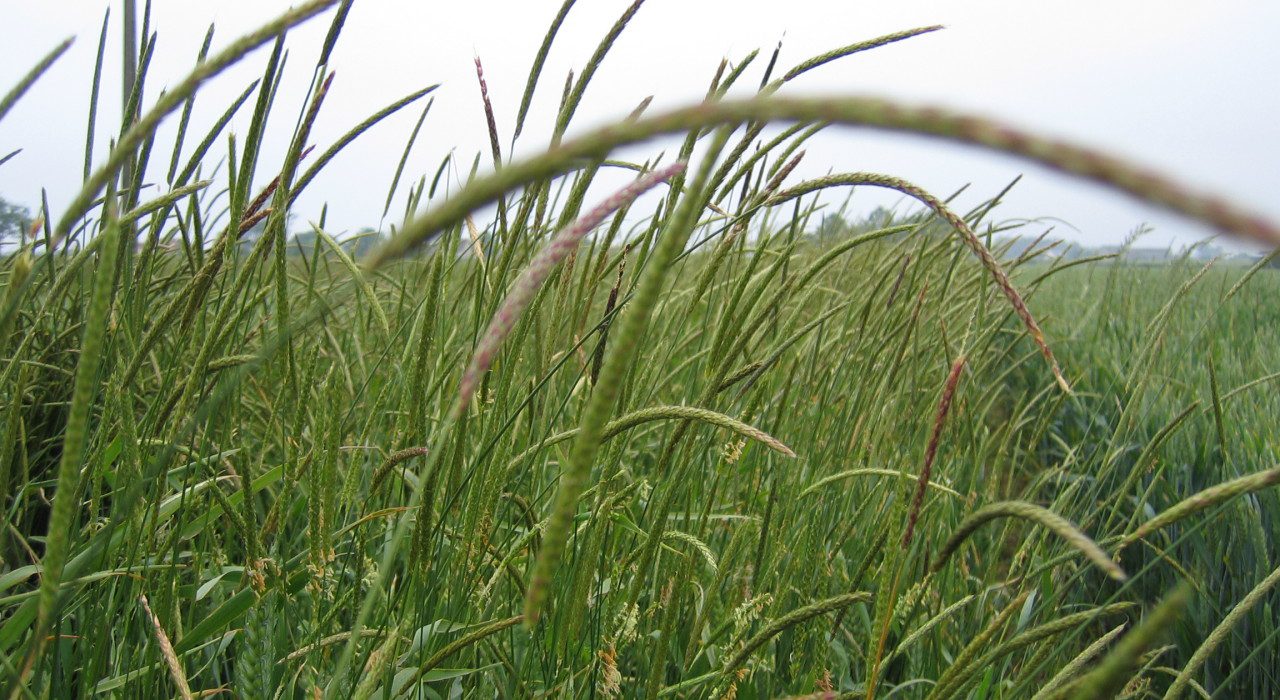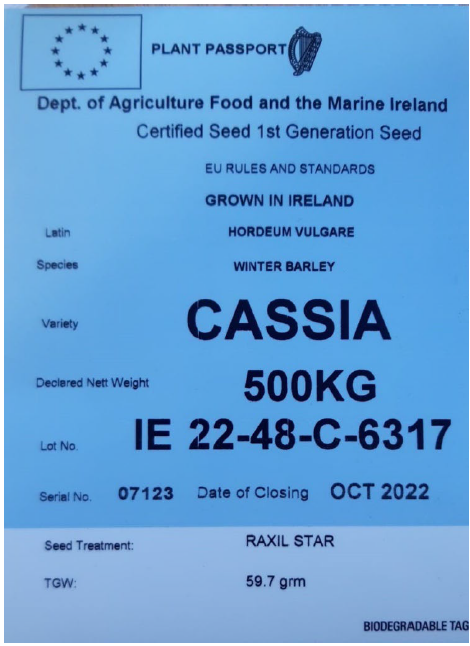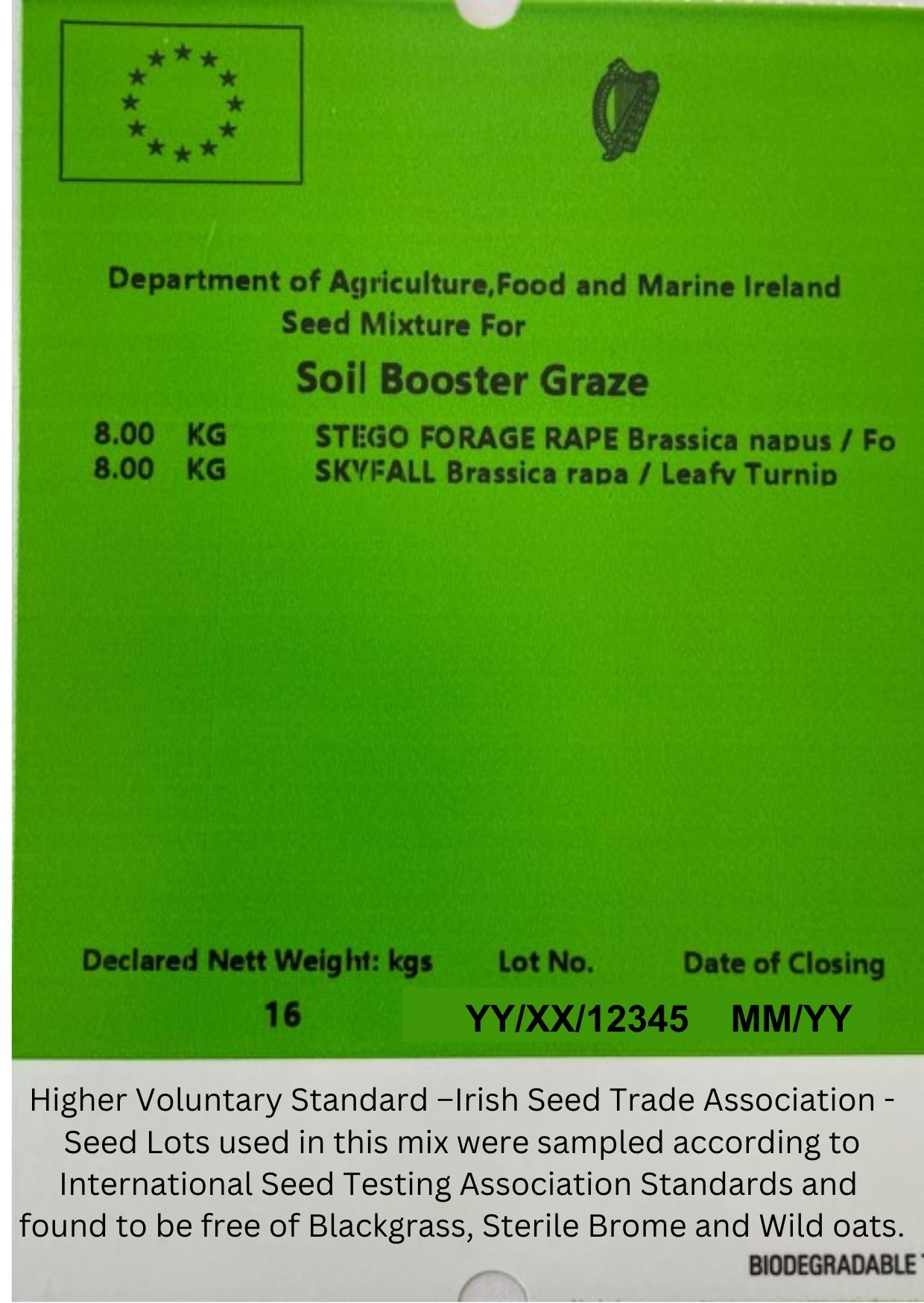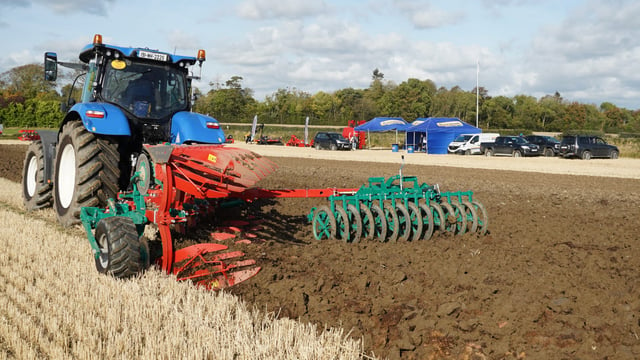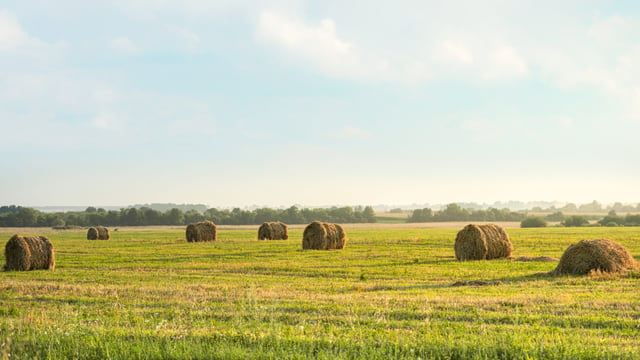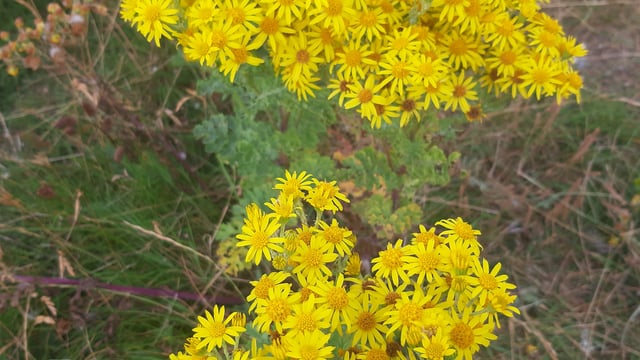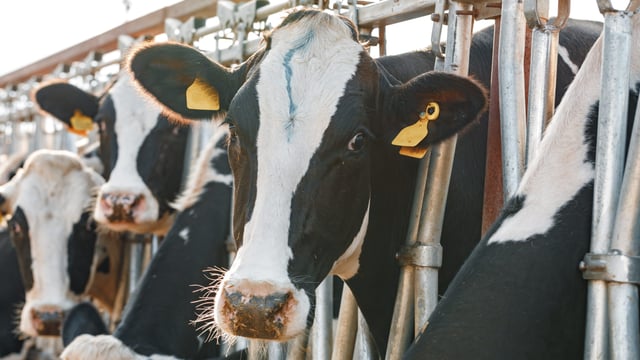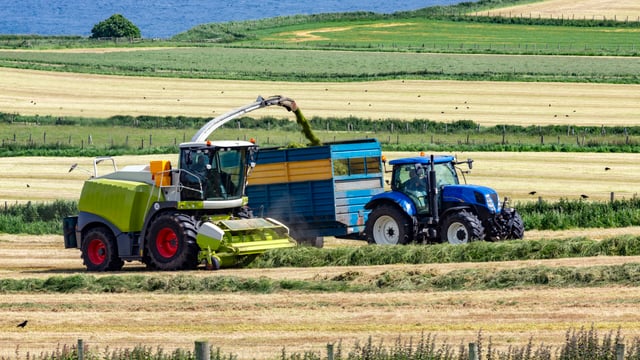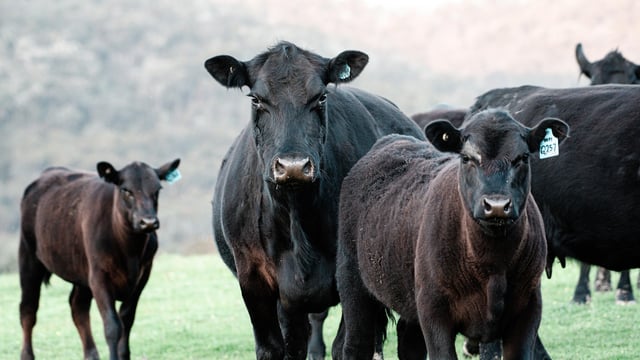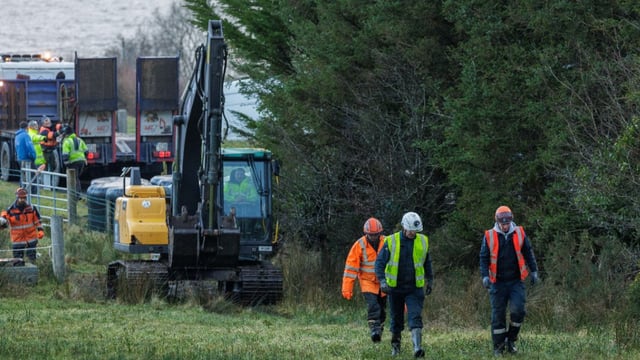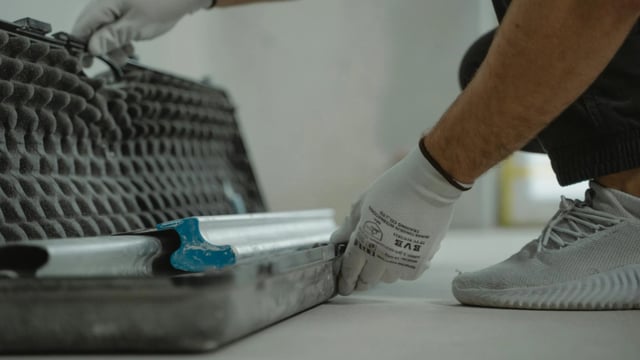Sponsored Article
Monitoring and managing risks of grass weeds
Sponsored Article

In light of recent developments in grass weeds, it is now essential for farmers to be very vigilant to the possible presence of the problem in their crops.
While the Irish Seed Trade Association has been very vocal on grass weeds in the last few years, key events this year mean burying your head in the sand to a patch of grass in the corner of a field is no longer an option.
The first incidence of resistance to glyphosate in Ireland was confirmed in Italian ryegrass by Teagasc Oakpark in the spring, while blackgrass was made a noxious weed in May.
Farmers must become very weed-aware themselves and task their agronomist also with monitoring and management.
Nothing beats walking crops on a regular basis between final fungicide and harvest.
Waiting for the problem to be so obvious that the crop can not go to harvest or patches destroyed means serious losses are incurred. Weeds can not be allowed go to a stage where seeds are out.
Addressing grass weeds
It may not be immediately obvious, but post harvest is an ideal time to start addressing weed problems on farm.
Cultivating problem areas will encourage growth of seeds present, so they should be destroyed ahead of sowing.
Once a weed problem - particularly involving grass weeds such as Italian ryegrass, blackgrass, and canary grass - becomes established on a farm, a comprehensive plan must be developed with professional advice to guide a way out.
This may involve alternative cropping along with integrated pest management (IPM) measures and the use of some of the available chemistry.
The best protection is a proactive approach to preventing these weeds entering or becoming established on your farm.
One of the key measures in this is the use of certified seed at sowing. Irish certified seed has a zero tolerance to these grass weeds along with wild oats and sterile brome.
This is contrary to imported seed which has higher tolerance levels of certain weed seeds. Native Irish seed is first generation blue labelled seed.
It is vital also to follow other preventative measures to protect crops.
It is widely accepted that combines and balers are the biggest spreaders when moving from farm to farm and even field to field.
Machine hygiene can have massive impact on spread of grass weeds such as canary or blackgrass, which have tiny seeds with extremely high numbers per head.
As farmers, we must have processes in place to properly clean down machinery, and where contractors or hauliers are in use, it is vital they have the same processes in place. They should also made aware of problem areas.
Growing protocols
Certified seed growers, under their growing protocols with the Department of Agriculture, Food and the Marine, must adhere to previous cropping and boundary requirements.
As no weeds are tolerated in seed fields, growers must make a significant time commitment to rogueing weeds.
The crop undergoes a series of inspections, including multiplication seed lots used, inspections during growing, at harvest and ahead of final certification when bagging seed.
Farmers should also monitor any inputs brought onto farm, such as knowing the source and possible content of farm yard manure.
Ensure any seed for cover crops that you sow on farm is ‘Higher Voluntary Standard’ – it has been assembled by a ISTA member and tested for the presence of grass weeds. Check the label to ensure that it states it adheres to Higher Voluntary Standard.
Seed is the key input in crop production. It makes up a small percentage of the cost per acre.
Never risk bringing in a weed problem by compromising on seed quality.
The Irish Seed Trade Association represents licensed multipliers of certified seed. Our members are proud of the massive investment they make into trialling and testing varieties of seed suited to our growers and end users.
The association promotes the use of certified seed and advocates for further development of the tillage sector though its contribution to policy and investment in plant breeding and research.
Sponsored Article


